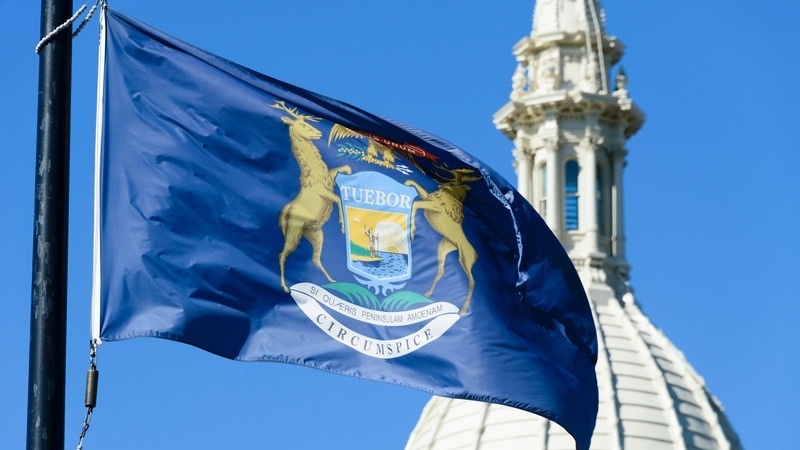
Note: An earlier version of this statement had incorrect information on the increase to operational funding for public universities and community colleges. It has been updated to correctly reflect the correct budget numbers.
LANSING, Mich. — Earlier today, the state legislature reached an agreement on Michigan’s fiscal year 2024 budget, a bipartisan set of bills that was negotiated between both chambers of the legislature and Gov. Gretchen Whitmer. MCAN is encouraged to see bold investments in postsecondary education and increased financial support for the K-12 system. We applaud the work of House Appropriations Chair Rep. Angela Witwer, Senate Appropriations Chair Sen. Sarah Anthony, and Gov. Whitmer for their ongoing leadership and transformative vision for Michigan’s future.
Statement from Michigan College Access Network Executive Director Ryan Fewins-Bliss:
“This budget is an incredible win for Michigan’s students and families, and it’s a crucial investment in Michigan’s future. In recent months, we’ve heard that Michigan’s population is both lagging in growth and aging at rates that threaten our economic prosperity. We need to make significant investments in educating, attracting, and retaining our talent, and this budget is a huge step in the right direction.
Making college more affordable for all Michiganders is key to creating an entrepreneurial and diversified workforce and ensuring Michigan remains a competitive place to launch and grow businesses. I am encouraged to see a 5% increase in operational funding for public universities and community colleges. MCAN also supports the additional $50 million deposit into the Michigan Achievement Scholarship, an incredible financial aid program for students enrolling in Michigan’s colleges and universities.
We look forward to working with the State of Michigan to create incentives for high school seniors to file the Free Application for Federal Student Aid. The budget allocates $10 million in fiscal year 2024 to be used for FAFSA incentives. Every graduating student in Michigan should make their postsecondary decisions with a full understanding of the financial aid options available.
Upskilling and reskilling adult learners is also critical to Michigan’s people and economy, and we are happy to see an additional $10.2 million to continue funding Michigan Reconnect, which provides a tuition-free pathway to degrees and certificates. Michigan is showing strategic leadership by investing $37.8 million in college student success. This funding includes competitive grants for institutions to improve student retention and completion rates, as well as student wraparound and basic needs supports. This will help ensure that students who enroll in postsecondary education have the support and resources needed to persist and complete their degree or certificate programs, unlocking new economic possibilities.
Finally, we are thankful for the legislature’s and governor’s continued financial support of our work through a $5 million appropriation to support critical work in communities across the state. This funding, a $2 million increase over our fiscal year 2023 allocation, will allow us to expand the workforce engagement, student success, and adult learner initiatives laid out in our 2022-2024 Strategic Plan.
As we make the push toward Sixty by 30, we will continue to make sure that all students — especially low-income students, first-generation college-going students, and students of color — have equitable access to postsecondary education and the resources needed to complete degrees or certificates.”
State budget agreement features bold investments in postsecondary access and success